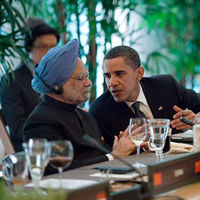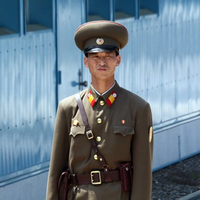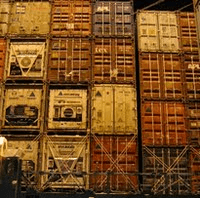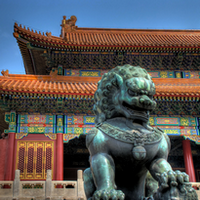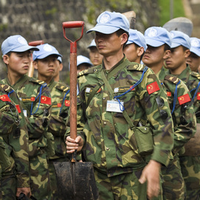
“Rebalancing” has been the watchword of President Barack Obama’s foreign policy to date: rebalancing the global economy between East and West, rebalancing domestic needs and foreign responsibilities, and — soon enough — rebalancing the international security burden among the world’s great powers. One number explains why that last rebalancing is necessary: It costs the United States $1 million a year to keep a soldier inside a theater of operations such as Afghanistan. The math is easy enough: For every thousand troops, the price comes out to $1 billion a year. So when the president announces, as he’s expected to do […]

